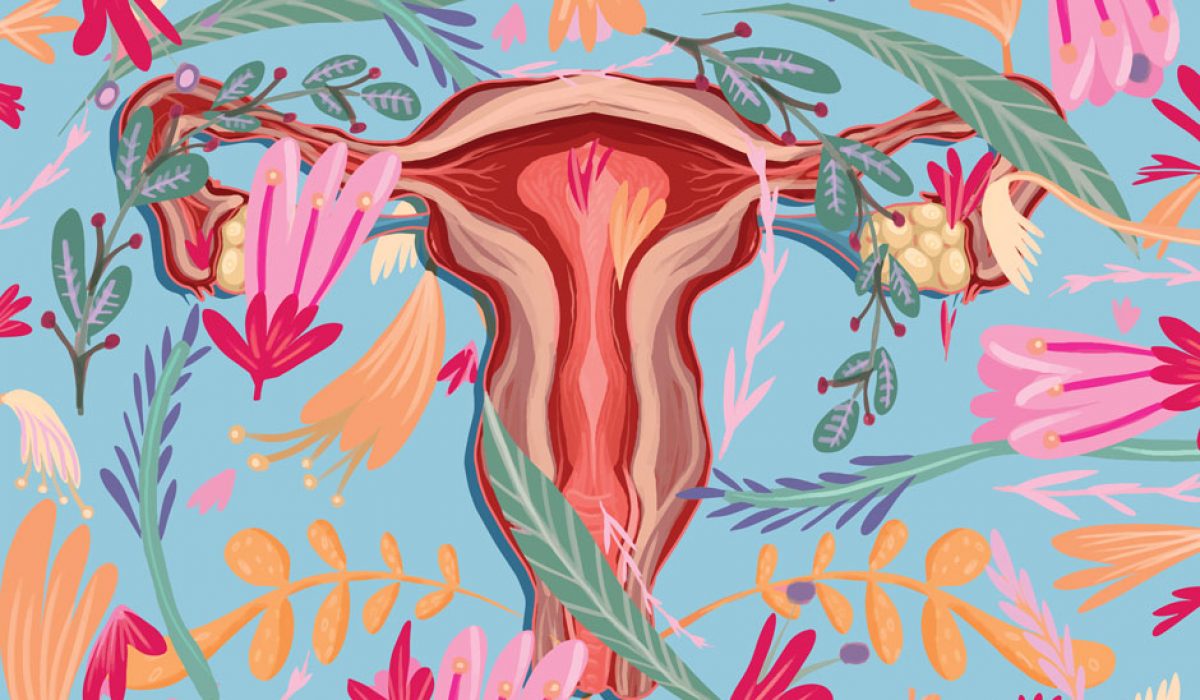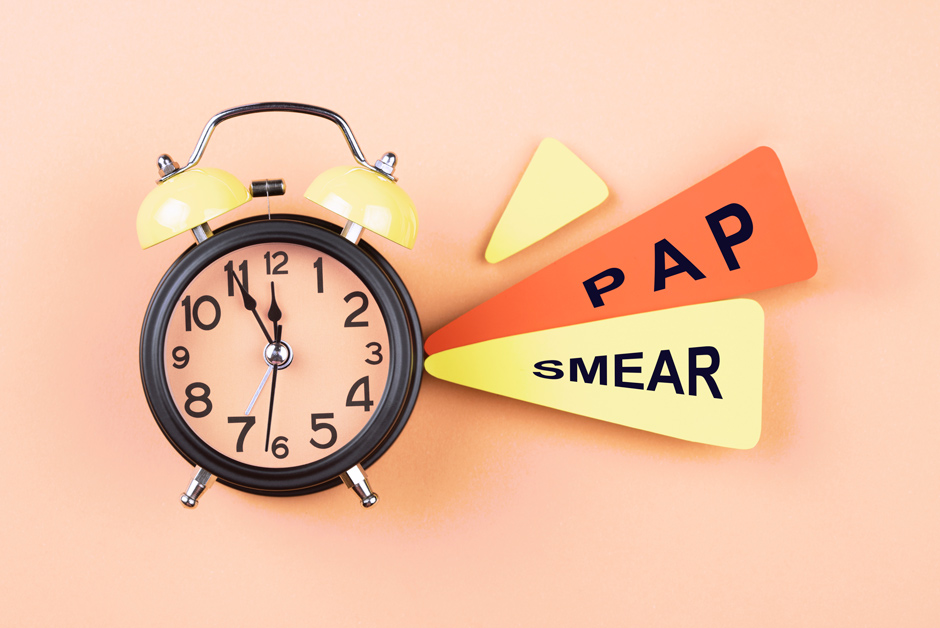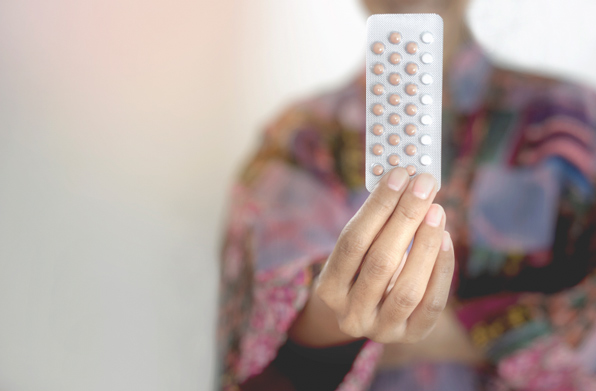You’ve heard of the gut microbiome, but did you know your vagina has one too? Vaginal bacteria are enjoying something of a media moment lately, with viral videos touting products to nurture it and advice online on how to optimise the vaginal microbiome. But unfortunately, some of what we’re seeing is more fad than fact-based.
So what is the vaginal microbiome, why does it matter, and how can you best look after it? Let’s break it down.
The vaginal microbiome: what is it?
The vaginal microbiome (also known as vaginal flora or vaginal microbiota) encompasses all the microbes in and around the vagina – which means bacteria, any viruses, fungi and various single-cell organisms. It is its own microecosystem. The wellbeing of the vaginal microbiome depends upon the right balance of these microbes.
A vaginal microbiome in good health should be made up mostly of a bacteria called lactobacilli, in particular a type named lactobacillus crispatus – these bacteria act as first line defence against infections. They work to keep your vaginal pH low (normally between 3.8 and 4.5 pH) and make an unhospitable environment for microbes that could upset the delicate balance of the microbiota (leading to infections like thrush and bacterial vaginosis or ‘BV’).
Infections happen when this fine balance of bacteria in the vagina is knocked out of whack – vaginal dysbiosis.
What causes dysbiosis of the vaginal microbiome?
The main offenders that upset the vaginal microbiome may be surprising, because they are often things you might use to try to keep your vagina ‘clean’ and ‘healthy’. These include:
- Fragranced soaps and body washes
- Douching
- Abrasive detergents
- Antibiotics
These things may destroy bad bacteria but they also attack the good bacteria that protects you from infections.
Other things that can disturb the balance in the vaginal microbiome include:
- Sex without condoms. This leaves you open to bacteria in the microbiomes of others, and more partners may mean more variation of bacteria.
- Smoking – yes, smoking may have a negative effect on the vaginal microbiome. Research has found smokers have a lower proportion of that crucial lactobacilli bacteria that protects you from vaginal infections.
- Sex toys that have not been adequately cleaned, or that have been cleaned with the use of fragranced soaps, can disturb the vaginal microbiome.
- Menstrual blood – yes, it’s completely unfair but even menstrual blood can disturb the delicate pH level and make the vagina less hospitable for that crucial lactobacillus, in some cases knocking the vaginal microbiome out of balance.
- Hormonal shifts – The female hormone oestrogen plays a role in maintaining plenty of lactobacilli within the vagina. During a monthly cycle, levels of oestrogen can go down after ovulation, leading to yeast infections for some women. And through the process of menopause, a woman’s oestrogen levels fall, making her more likely to experience vaginal dysbiosis.
How to look after the vaginal microbiome
The vagina is actually an incredibly clever, self-cleaning organ. It may sound counter-intuitive but for the most part, it is simply best left to clean and look after itself. If the vaginal microbiome is disturbed by sex or menstrual blood for example, it will usually restore harmony by itself. Having said that, there are some general tips to encourage good vaginal microbiome health, such as:
- Stay away from douching (cleaning inside the vagina).
- By all means, wash the vulva (the area outside of the vagina) with water or a mild, unfragranced soap.
- Don’t smoke.
- Practice good health generally, such as eating well and getting enough sleep.
- Opt for a menstrual cup instead of sanity towels or tampons (menstrual cups intercept blood further up in the vagina so it doesn’t rest for too long).
- Eat more fermented foods.
- Use a condom during sex, especially for the first few months with someone new.
- Clean all sex toys thoroughly after and before each use.
- Avoid scented lubricants.
- Stay away from any vaginal perfumes or scented wipes.
Symptoms of an unbalanced vaginal microbiome
A healthy vaginal microbiome is generally good at restoring its own balance. However any of the following symptoms could signal a problem (for example bacterial vaginosis, thrush or an STI) that needs to be addressed. Keep an eye out for:
- Fishy smelling discharge
- Itching
- Grey, yellow or green discharge
- Swelling
- Soreness in or around the vagina
- Burning when you urinate
- Discomfort during sex
- Thick, white discharge
- Bleeding between periods
Dr Aka, Consultant Gynaecologist at The Gynae Centre, says: “The bottom line is: if in doubt, get checked out. Most infections can be treated quickly and effectively. On the other hand, if they are left alone, many infections can cause complications, for example pelvic inflammatory disease. So don’t ignore it or self-diagnose. If you suspect there may be a problem, book an appointment with your GP or a gynaecologist.”
The Gynae Centre is one of the UK’s leading women’s health clinics. Located in central London, we treat all manner of gynaecological problems – and since that’s all we do, you can rest assured you’re in safe hands.
Vaginal dysbiosis can be caused by many things – from hormonal disruption to an STI. It might be that carefully targeted hormone treatment would be helpful, or you may need sexual health screening. Whatever the case, when you come to us, in addition to thorough examination, we’ll consult with you carefully to get to the root of the problem. In addition to any necessary treatment, we’ll give advice you can take with you to support ongoing vaginal health.
Concerned your vaginal microbiome may be out of balance? Call The Gynae Centre for advice from our experts on 020 7580 8090 or book a consultation online.






